Adar: The Complex Legacy of a Dark Father in Middle-earth
- 07-10-2024
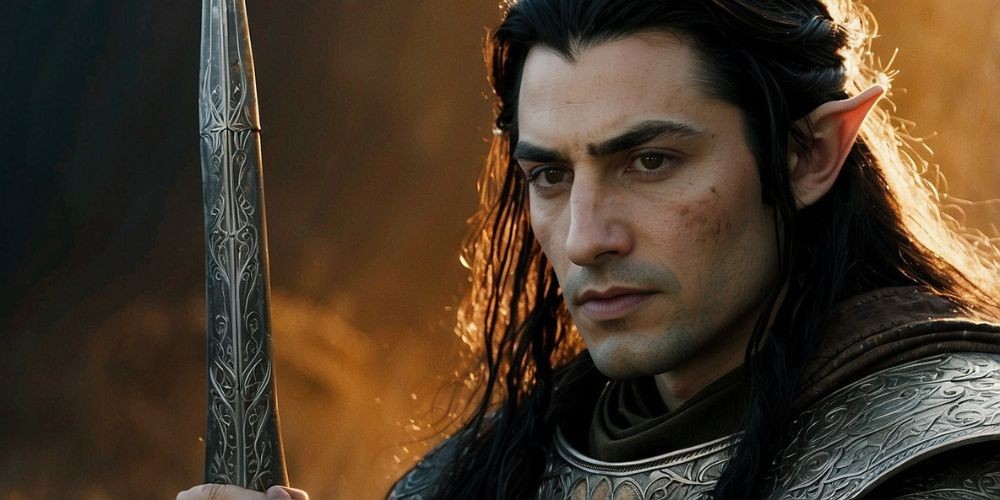
In the enthralling world of J.R.R. Tolkien's Middle-earth, complex characters emerge from shadows and history to shape the fate of realms. Among these characters is Adar, a figure whose villainy stirs intrigue and speculation. As we delve deeper into the character's portrayal in the second season of *The Rings of Power*, we unearth clues about his past, his motivations, and the forces that have molded him into the leader of the orcs. This exploration also includes understanding the recast of the character and how this change brings a new perspective to his role in the grand narrative.
The Enigmatic Beginning of Adar
Adar is no ordinary being; he is an elf twisted by the dark powers of Morgoth, becoming a Uruk who now commands a legion of orcs. The name 'Adar' translates to 'father' in Sindarin, signifying his connection to the orcs, whom he has taken on as his children. This paternal bond paints him in a nuanced light, showcasing his commitment to his orcish followers while also revealing the darker undertones of his leadership.
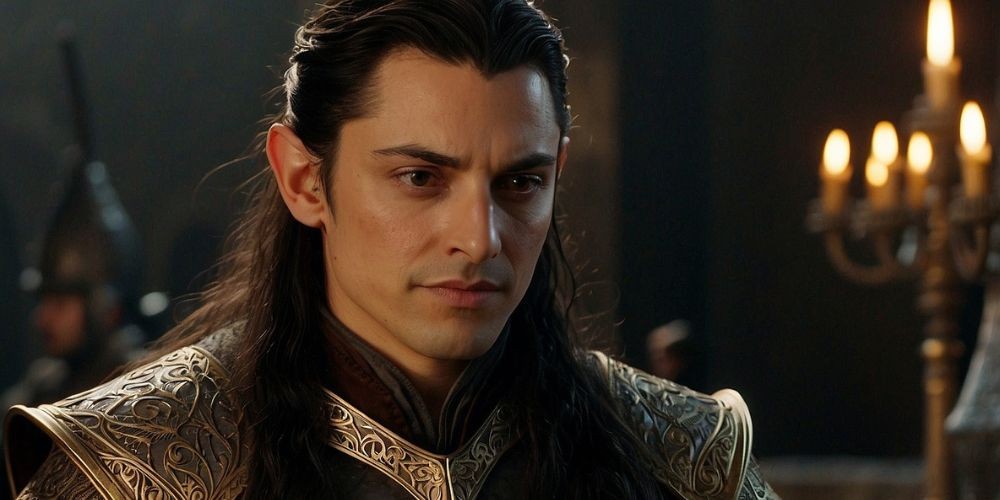
In the inaugural season of *The Rings of Power*, we witness Adar's audacious confrontations against various forces, including the renowned Numenoreans, the resilient Galadriel, and the valiant Arondir, culminating in an act of destruction that would forever alter the landscape of Middle-earth. The catastrophic flooding of the Southlands and the emergence of Mordor as a bastion under Adar's rule exemplify the magnitude of his ambitions. This act not only fortified his dominion but also set the stage for the ongoing conflict within the series.
The Pivotal Moment of Betrayal
The second season unfolds with one of the defining episodes in Adar's life—the assassination of Sauron. In a twist of fate, as Sauron, portrayed here by Jack Lowden, is poised to claim his dominion, Adar confronts him, wielding the very crown meant to symbolize power. This act of treachery reveals the deep-seated animosity that exists between them, underscoring a shared yet tumultuous history.
As the narrative progresses, the audience sees Halbrand, the character played by Charlie Vickers, engaged in dialogue with Adar, heightening the tension and insinuating an intertwining fate. The revelation that Galadriel is seeking counsel from a sorcerer further complicates their relationship, establishing Adar not merely as a villain but as a pawn in a larger game dominated by Sauron's ambitions.
Who is Adar, Really?
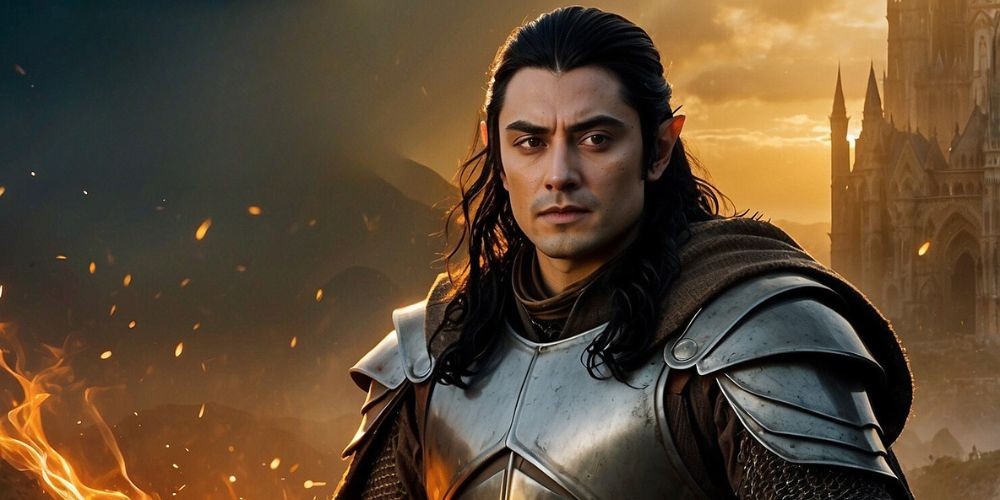
The question of Adar's true identity has sparked numerous theories among fans. One prevalent notion contemplates whether Adar is, in fact, Maeglin, an elf who betrayed his kin during the First Age. Maeglin's betrayal resulted in the tragic fall of Gondolin, a significant event etched in the annals of Middle-earth history. Adar's references to the land of Beleriand coupled with his facility in the Elvish tongue of Quenya lend credence to this theory.
While Maeglin was last thought to be lost following the devastation wrought by Morgoth's forces, the potential for survival, albeit marred by scars—both physical and psychological—remains a tantalizing possibility. This narrative thread opens up avenues of exploration regarding the theme of redemption and the cyclical nature of power in Middle-earth's saga.
A New Face for Adar
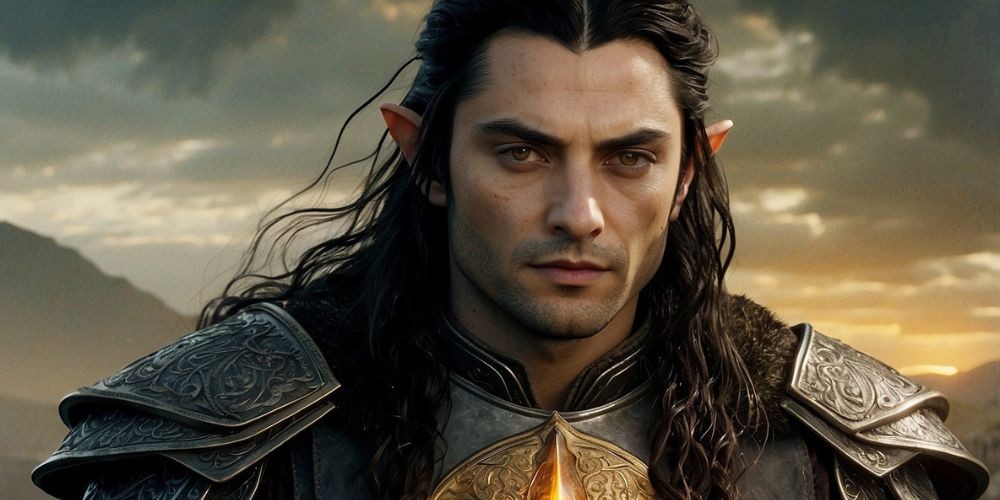
As the second season presents a fresh interpretation of Adar, viewers encounter actor Sam Hazeldine stepping into the role, succeeding Joseph Mawle. Hazeldine’s previous credits, including *Peaky Blinders* and *The Innocents*, hint at a robust acting prowess that he brings to the character. Mawle, upon his departure from the show, expressed gratitude for his time portraying Adar, highlighting his appreciation for Tolkien's mythology and the love bestowed upon the character by the audience.
Hazeldine has articulated his profound understanding of Adar, suggesting that he is a tragic figure, misled by the dark powers of Morgoth and Sauron. This insight reflects a deeper psychological complexity of Adar, depicting him not merely as a tyrant but as a leader burdened by guilt and a sense of responsibility toward his orcish kin. Hazeldine emphasizes that, despite the orcs’ violent reality, Adar maintains a paternal connection, yearning for a better existence for them. This depth articulates the internal conflicts that make Adar an intrinsically compelling character.
The Larger Implications of Adar's Actions
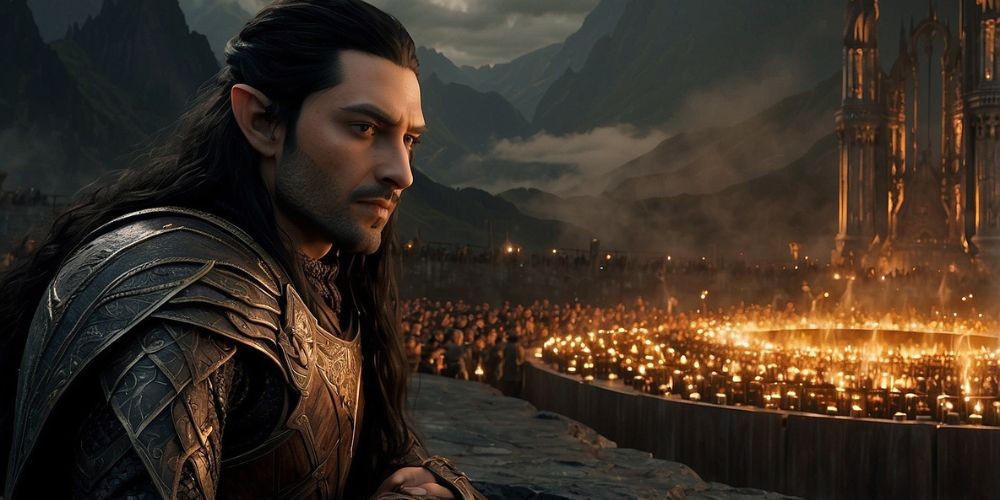
Adar’s journey throughout both seasons weaves a narrative that resonates with themes of loyalty, betrayal, and the quest for identity within the chaos of Middle-earth. His multifaceted personality raises important questions about the nature of villainy and morality. As he grapples with his past and navigates his present circumstances, Adar emerges as a character whose motivations may challenge traditional heroic and villainous tropes.
In a storyline rich with intricacies and lore, Adar stands as a testament to the complexities that inhabit Tolkien’s universe. His decisions serve to echo larger existential themes that resonate throughout the narrative—inquiring into the essence of power, the consequences of creation, and the struggles for identity amidst swirling chaos.
Conclusion: A Character Shaped by Dualities
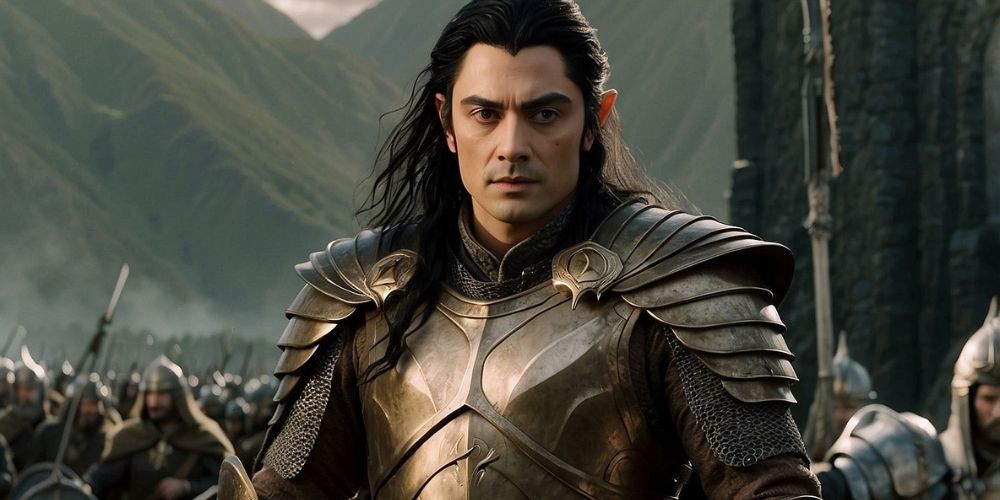
As the saga of *The Rings of Power* unfolds, Adar's character evolves, inviting audiences to reconsider their perceptions of good and evil. With a new actor breathing life into this iconic figure, the series promises a fresh perspective on Adar's journey and the role he plays within the larger conflict of Middle-earth. As viewers immerse themselves in this richly woven narrative, they will undoubtedly find Adar's story a compelling exploration of loyalty, responsibility, and the shades of moral ambiguity that define a truly unforgettable character.
For additional insights and discoveries within the enchanting world of the Prime Video series, be sure to explore the tales surrounding The Stranger, Annatar, and frequently check the schedule for new episodes of *The Rings of Power* season 2.